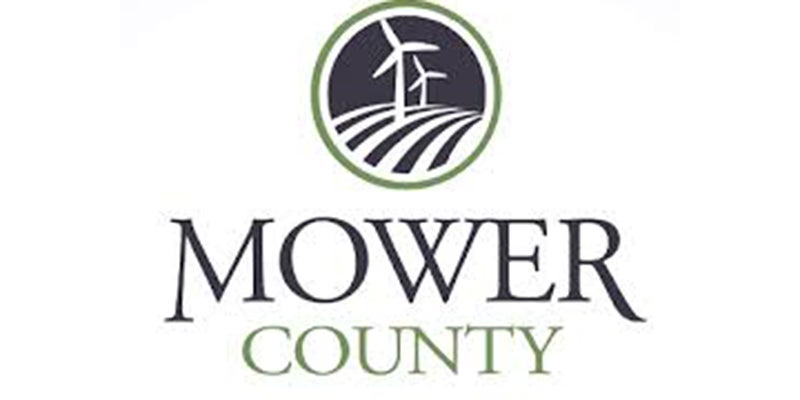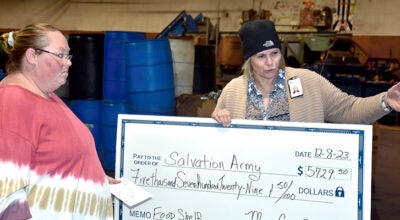City change could cause big shift for taxpayers
Published 9:51 am Thursday, February 14, 2013
Though the city of Austin is researching whether to switch from assessments to a tax levy-based payment method for public works projects, a decision that could have far-reaching effects for residents.
While Austinites may not have to pay thousands of dollars in assessment fees in a tax levy scenario, homeowners, landowners and businesses could face an immediate, drastic increase in the city’s portion of their property taxes.
“If you took the total number of projects that are not state aid street projects … that is the dollar amount [the city] would need to levy in order to pay for street projects,” said Tom Dankert, Finance Director.
As an example, the city scheduled $1.9 million in non-state aid road projects this year, which will be paid through assessments for the next 15 years. Under a tax levy plan, all Austin residents would contribute over the next 15 years.
“We stagger it in increments, just like a bond issue,” Dankert said.
If the council decides to switch to a tax levy system this year, residents would see a drastic increase in the tax levy, about 46 percent of the city’s portion in this scenario, in order to fund this year’s street projects alone. The tax levy would increase or decrease in subsequent years to match project funding, but that initial increase would be built into the city’s portion of the tax levy, Dankert said.
The city collects about 36 percent of every dollar paid in property taxes, and the city will collect about $4.1 million from the property tax levy this year.
“The first drawback would be the overall tax levy would need to increase, and the perception behind that,” said Public Works Director Steven Lang. “The second drawback would be … how to equally treat those people that have recently been assessed for a project. … They’re paying for that street in front of their house, now how do you incorporate them?”
Lang said the city’s engineering department usually takes about five months to go through the assessment process each year, so switching to a tax levy system would save staff time in preparing assessment addresses and organizing hearings, among other things.
Mayor Tom Stiehm reaffirmed his support to research a tax levy system Wednesday, as long as the initial tax increase would be “as cheap as possible and as fair as possible,” so residents would not have to pay thousands of dollars for street work done near their home.
“We’re trying to ease people’s burdens,” Stiehm said.
City Administrator Jim Hurm said the city will take its time to research the issue by calculating how it would affect homeowners and business owners, and getting feedback from other cities that have switched to a tax levy system.
“We don’t have the answers yet, but it’s an interesting question,” Hurm said.




